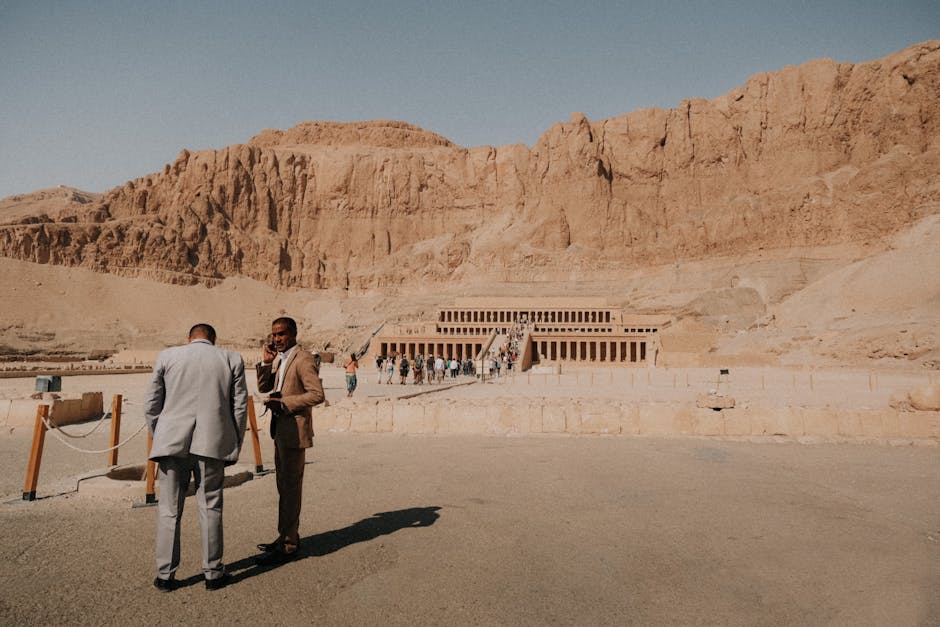Wars, throughout history, have acted as transformative forces, reshaping societies, economies, and political landscapes. Beyond the immediate carnage and loss, these conflicts leave lasting imprints on the cultural, social, and technological fabric of civilizations. Examining these multifaceted impacts offers a crucial lens through which to understand the evolution of human societies.
Early Conflicts and Their Legacy
The earliest recorded conflicts, often driven by resource acquisition or territorial expansion, already reveal potent consequences. The Bronze Age saw frequent skirmishes and, occasionally, major campaigns. These engagements, though often localized, profoundly affected the societies involved. For instance, the Mycenaean civilization, as revealed by archaeological findings, experienced periods of upheaval and reorganization after periods of warfare, impacting trade routes, architectural development, and societal hierarchies. Similarly, the invasions and conquests of the ancient Near East profoundly altered the political and cultural makeup of regions like Mesopotamia and Egypt. The rise and fall of empires often correlate directly with their military prowess or susceptibility to conquest. This underlines how war’s impact, even in its rudimentary forms, played a pivotal role in shaping the course of early civilizations.
The Crossroads of Empires: The Impact of Major Warfare in Antiquity and Beyond
Shifting geopolitical landscapes characterized by larger-scale conflicts, like the Peloponnesian War, drastically altered the course of ancient Greek society. The decimation of populations, the disruption of trade, and the restructuring of political alliances left enduring legacies, demonstrably influencing the subsequent development of Greek philosophical thought and political systems. The Roman Empire’s rise and expansion, while marked by conquest and subjugation, was accompanied by the spread of Roman law, infrastructure, and administration. This spread, though often imposed through force, facilitated cultural diffusion and laid the groundwork for later European development. The rise and fall of empires the Mongol conquests, for example highlight the interwoven threads of cultural exchange, economic transformation, and technological innovation that often accompany significant military engagements.
Beyond the Battlefield: Social and Economic Ramifications
The impacts of major wars extend far beyond the immediate battlefield. Demographic shifts are particularly noticeable. The Black Death, often attributed to the plague’s devastating spread, may have been exacerbated by disruptions in trade and population movement that stemmed from the ongoing conflicts and migrations of the period. Furthermore, the financial strain of protracted warfare frequently led to economic crises. The costs associated with maintaining armies, supplying troops, and reconstructing damaged infrastructure often crippled economies and imposed significant burdens on populations, influencing tax systems, resource allocation, and the very fabric of societal structures.
Cultural and Intellectual Transformations
Wars have often ignited cultural shifts and intellectual advancements, albeit ironically. The scientific revolution, for instance, is sometimes linked to the need for new weaponry and navigation technologies arising from conflict. The Napoleonic Wars spurred advancements in military strategy and tactics. In many cases, the trauma and destruction experienced during wartime fuelled artistic expression, reflecting the human condition and responding to the psychological effects of violence. Literature, poetry, and visual arts often capture the emotions and realities of war, preserving memories and conveying societal reactions to these disruptive periods. This interplay between conflict and cultural expression provides insights into the human experience.
Technological Innovations and Advancements
The need for improvement in weaponry and defensive strategies has consistently spurred technological innovations. The invention of gunpowder, for instance, revolutionized warfare, leading to the development of new military technologies and tactics. These technological developments sometimes extended beyond the battlefield, impacting agricultural practices, construction, and industrial processes, demonstrating the indirect effects of conflict. Furthermore, the need for better communication and logistics systems often corresponded with advances in transportation technology.
The Aftermath and Lasting Impacts
The aftermath of significant conflicts is often as crucial as the conflict itself. Peace treaties and agreements, though intended to resolve disputes, frequently established new power dynamics and territorial boundaries, impacting international relations for decades and centuries. For example, the Treaty of Versailles, following World War One, shaped the political landscape of Europe for years to come, contributing to the rise of extremist ideologies and ultimately, the outbreak of another global conflict. Furthermore, the economic recovery and reconstruction processes after wars often involved significant social upheaval and shifts in social classes and opportunities.
Looking Forward
Examining the consequences of previous conflicts illuminates the multifaceted and long-lasting impacts of war. Understanding these past experiences can help in preventing future conflicts and mitigating their effects on societies. Historical analysis, informed by archaeological findings and historical accounts, underscores the necessity for diplomacy, cooperation, and the pursuit of peaceful solutions in resolving international disputes. By recognizing the deep-seated influence that war has on the evolution of societies, we can work towards a future where such destructive conflicts become less frequent and their echoes fade into the background of human history.
